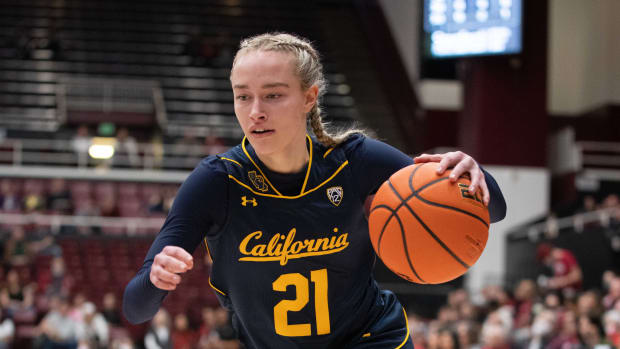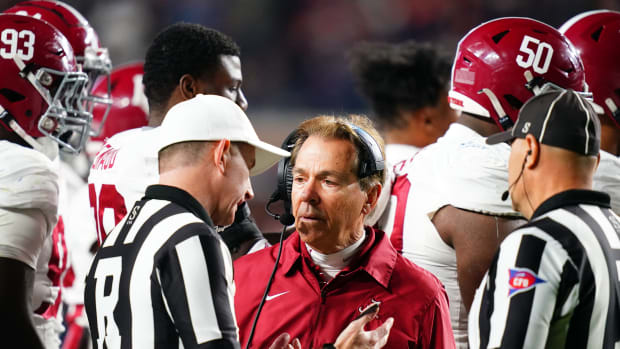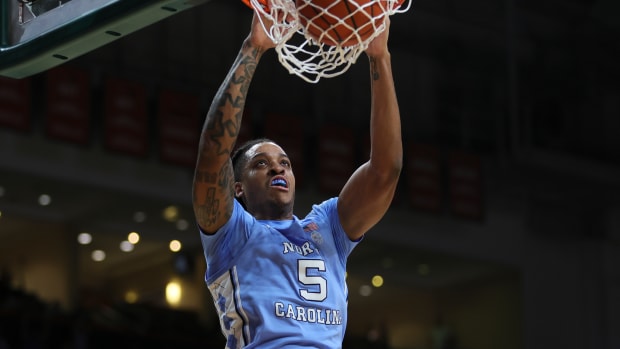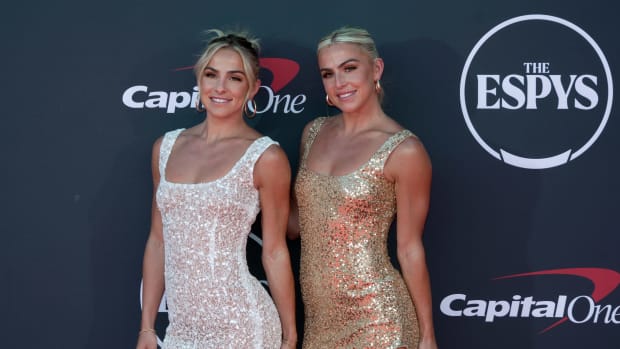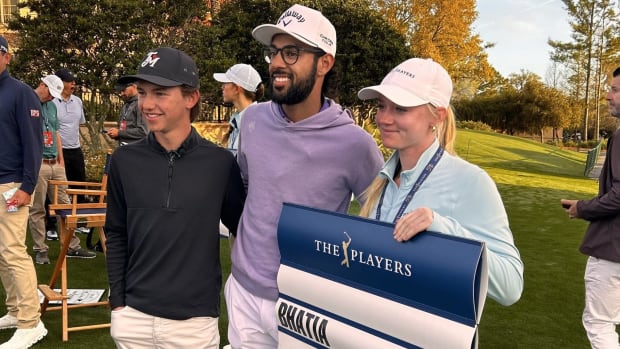
Commissioners Plead for Federal NIL Law
In a one-off segment, Manu Raju of CNN’s Inside Politics spoke with the commissioners of the ACC, Big Ten, Big Twelve, and SEC. This group of college athletics leaders represents what is now the Power 4 Conferences – reduced from the Power 5 after the demise of PAC 12 this year. The exclusive interview was aired on Sunday, December 3, 2023 - the same day as the college football playoff selection.
Much aligned with the lobbying efforts of the NCAA, these conference heads aim to lobby for federal legislation to preserve what they deem to be fundamental qualities of collegiate athletics. ACC Commissioner Jim Phillips painted a grim picture during the closing remarks of the interview, stating that without speedy intervention protecting NCAA interests, there will be “permanent damage to an enterprise that has meant a lot to our country.”
While the commissioners did not explicitly say so in the interview, the relief they seek is, in effect, an antitrust exemption from Congress granting the NCAA enforcement authority over their compensation rules.
The Federal Judiciary has been continually removing power from the NCAA. In the last decade, rulings in O’Bannon and Alston forced a reluctant NCAA into allowing NIL rights to student-athletes and removing caps on education-related benefits. Now, current litigation in Johnson v. NCAA and House v. NCAA appear poised to cripple the power of the longstanding autocrat of college athletics. These cases, if found against the interests of the NCAA, could implement employment systems, create a rev-sharing model, and further erode the enforcement authority of the national office.
During the interview, SEC Commissioner Greg Sankey posited that the current lack of federal regulation risks “moving further and further from the academic nature of college sports.” With the implantation of NIL and the subsequent use of collectives to create defacto-free agency and proxy pay-rolls for revenue athletics, the professionalization of collegiate sports has been swift and robust.
The discussion centered around the federal government’s need to regulate interstate commerce. The commissioners claimed that differences in state law make governing a national sporting product untenable. Sankey shared that current state-driven legislation has a “disparity amongst states, where legislators are now changing their laws for competitive purposes,” he goes on to state that because of this, “[NIL laws] introduced an unregulated marketplace.”
The commissioners painted a picture of an out-of-control market, highlighted by unfair recruiting advantages to those in states with less restrictive laws. The timing of this message was intentional. The transfer portal window has just opened, and NIL inducements –– which violate NCAA guidelines –– have begun to run rampant. The NCAA has shown that it does not have the authority to enforce its restrictions against such behavior, likely out of fear of a further crippling antitrust challenge. Athletes use this system as a proxy free agency, selling their on-field services to the highest bidder.
According to the commissioners, the imbalances in NIL resources will make college athletics inequitable. The transfer portal appears to validate this sentiment.
At no point during the interview were the massive media rights deals conferences have recently secured discussed. Revenue in collegiate athletics has never been higher: starting next year, every Big Ten institution will receive nearly one hundred million dollars in media rights payments annually. In the current system, college athletes receive no financial compensation from the entities profiting from these deals.
These commissioners represent the stakeholders in college athletics who have the most monetary risk from disruptive rulings against the NCAA that provide more autonomy, compensation, and protections for student-athletes. Regulations in the college athletic market serve to protect school and league interests, usually at the expense of revenue athletes.
While student-athlete employment status and antitrust exemptions for the NCAA remain complex and contentious, we must allow a complete representation of this topic to be explored. Congress and now CNN have repeatedly turned to only those who currently control collegiate athletics, who, by and large, favor a system that maintains the status quo. With so much at stake for those on the field, a representative of student-athlete interests would be a welcome sight both on Capitol Hill and in influential news broadcasts that inform the nation.
